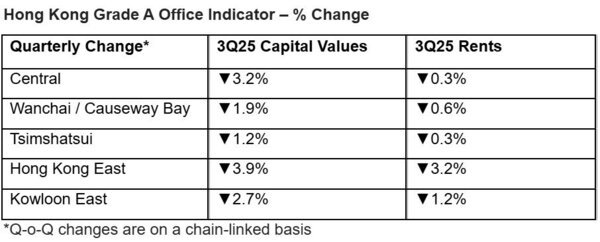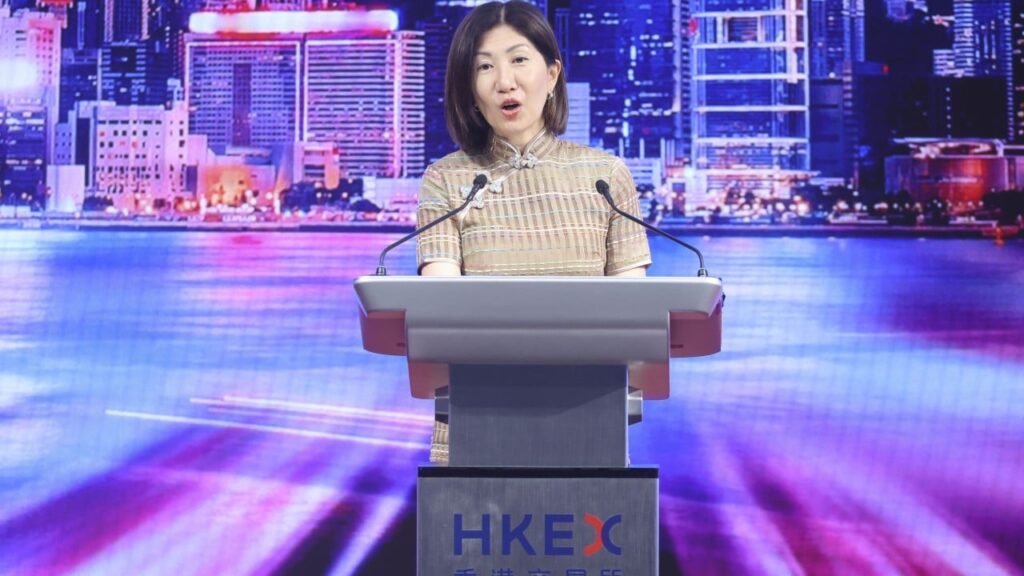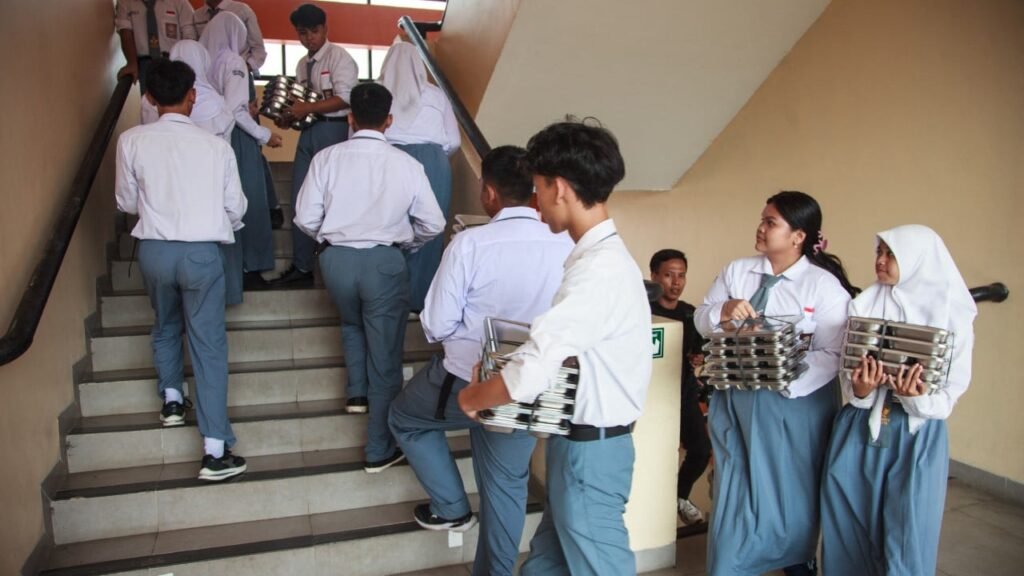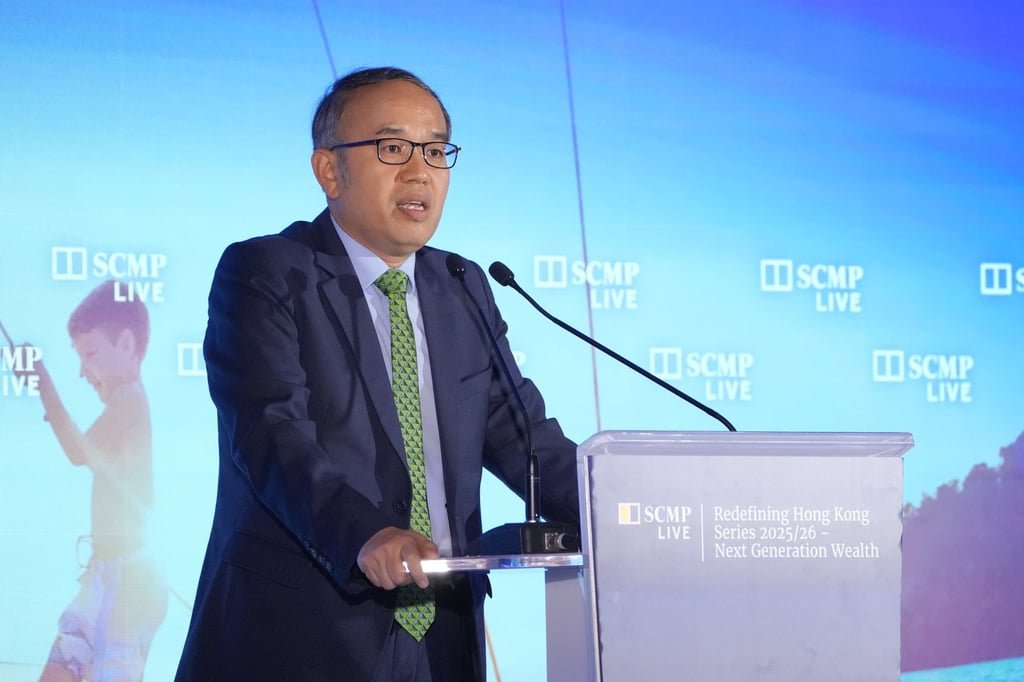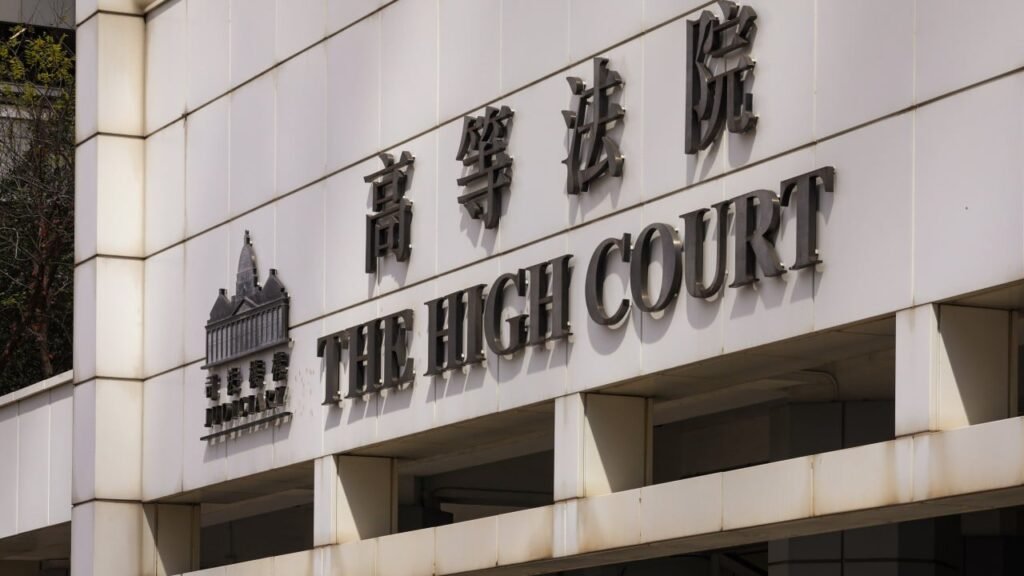I recall a telling moment from the early days of the Hong Kong Special Administrative Region. During the first term of the first chief executive, Tung Chee-hwa, he held an unprecedented session with all Legislative Council members, urging them to collaborate with the government to build a harmonious and prosperous Hong Kong. The response from the opposition, however, was revelatory of what was to come. Their leader bluntly declared, “Our job as legislators is to criticize the government; it is not our job to solve problems.” This statement laid bare their less-than-cooperative intentions. Many openly acted as agents for foreign interests, aiming to discredit Hong Kong internationally, undermine the “one country, two systems” principle, stir up social unrest, incite public resentment against the government, and pave the way for them to seize power.
 The rest is history. We witnessed how these anti-China, subversive legislators stoked public hatred, which culminated in the 2019 insurrection. Within the LegCo chamber, they deliberately and recklessly obstructed proceedings that affected the livelihoods of people and caused delays to major infrastructure programs that cost billions of dollars. They abused procedural rules, politicized public interest issues, and sowed division, severely impeding the SAR government’s administration with no regard for Hong Kong’s economic development or public welfare. Most alarmingly, they colluded with external forces, jeopardizing national security. A prime example was their hijacking of the House Committee, paralyzing it for over eight months due to filibustering on the election of its chairman. This gridlock halted progress on 14 bills — including crucial livelihood measures — and over 80 pieces of subsidiary legislation.
The rest is history. We witnessed how these anti-China, subversive legislators stoked public hatred, which culminated in the 2019 insurrection. Within the LegCo chamber, they deliberately and recklessly obstructed proceedings that affected the livelihoods of people and caused delays to major infrastructure programs that cost billions of dollars. They abused procedural rules, politicized public interest issues, and sowed division, severely impeding the SAR government’s administration with no regard for Hong Kong’s economic development or public welfare. Most alarmingly, they colluded with external forces, jeopardizing national security. A prime example was their hijacking of the House Committee, paralyzing it for over eight months due to filibustering on the election of its chairman. This gridlock halted progress on 14 bills — including crucial livelihood measures — and over 80 pieces of subsidiary legislation.
During that tumultuous period, what Hong Kong needed were righteous legislators with an indomitable fighting spirit — who would robustly challenge the opposition, counter their filibustering tactics, and strive to restore LegCo’s normal functioning. In short, we needed “fighters” to stand against the subversive elements.
The situation began to turn around when the central government resolutely implemented measures to break the stalemate in LegCo, including enacting the Hong Kong SAR National Security Law in 2020 and fully establishing the principle of “patriots administering Hong Kong”. These actions restored LegCo to its proper track.
The current LegCo has successfully transitioned from chaos and dysfunction to regular operation, demonstrating how a functional legislature can significantly contribute to Hong Kong’s prosperity and well-being. It has enacted nearly 130 bills — an increase of over 60 percent compared to the previous term. More than 260 projects, including critical initiatives related to land and housing, valued at nearly HK$700 billion ($90 billion), have been approved. These projects significantly enhanced Hong Kong’s competitiveness and aligned the SAR’s development with national strategies. Furthermore, LegCo unanimously passed the Safeguarding National Security Ordinance in March 2024, finally fulfilling the constitutional duty of the administration under Article 23 of the Basic Law. It also proactively established a new code of conduct for members, systematically regulating their behavior as legislators and strengthening self-supervision.
Finally, all voters are encouraged to fulfil their civic responsibility by casting a well-considered vote. Let us choose the right experts to serve the interests of the SAR, the nation, ourselves, our families, and future generations
Despite this progress, challenges remain. As Chief Executive John Lee Ka-chiu has emphasized, Hong Kong stands at a critical juncture requiring major reform. Our traditional economic pillars — retail, tourism, and property — are facing a downturn. We need new drivers for economic growth. Consequently, the new Legco requires not just “fighters”, but experts with innovative thinking, creative ideas, and the energy to partner with the government in driving substantial reform. They must help chart a new, successful path toward Hong Kong’s future prosperity.
With the election for the eighth-term LegCo approaching, who should we choose as our new LegCo members?
First, candidates must embody the “five hopes” set forth by Xia Baolong, director of the Hong Kong and Macao Work Office of the Communist Party of China Central Committee. These are, to be “patriots with a firm stance”, “upholders of the executive-led system”, “true representatives of public opinion”, “high-quality administrators”, and “pioneers in forging a new look for the Legislative Council”. These qualities are essential prerequisites, and the last two are particularly relevant.
Second, new legislators should possess expertise in at least one of the five strategic reform areas highlighted in the 2025 Policy Address, which are: accelerating the Northern Metropolis development; advancing artificial intelligence industries; building an international education hub; fostering an inclusive society; and strengthening governance capabilities.
Third, they must steadfastly uphold the executive-led system with the chief executive at its core, as stipulated by the Basic Law, and fully support the SAR government’s law-based administration. This involves engaging in effective communication and interaction with senior policymakers. It is not about acting like a “rubber stamp” for the administration; the role of scrutiny and checks and balances remains vital. However, the emphasis must shift to cooperation, coordinated problem-solving, and finding solutions — working “with one heart, sharing weal and woe” with government officials.
Fourth, they must proactively engage with the public and media to explain and defend government policies. Constructive criticism is welcome, but it should be solution-oriented, not nitpicking of government initiatives, or needlessly stirring public sentiments for political gain.
We cannot afford legislators who prioritize protecting vested sectoral interests at the expense of Hong Kong’s overall well-being. Examples include those legislators who openly opposed the government’s decision to repurpose part of the Fanling Golf Course for public housing — a move clearly in Hong Kong’s best interest to alleviate the urgent housing shortage — or those who persistently demand subsidies for private enterprises despite the government’s fiscal constraints.
To empower voters to make an informed choice, all candidates must present comprehensive election platforms, detailing their short-term and long-term commitments for the next five-year term.
It is reassuring that, as stated in a commentary by Gang Aoping from the Hong Kong and Macao Affairs Office of the State Council, there is no predetermined “list of the blessed” or “special treatment” for any candidate in this election. All candidates are expected to promote their agenda vigorously based on its rationality, their personal reputation, and their demonstrable capabilities.
This upcoming election is poised to showcase the hallmarks of a high-quality democracy: broad representation, political inclusiveness, balanced participation, fair competition, enthusiastic candidates, vigorous campaigns, and a commitment to integrity.
Finally, all voters are encouraged to fulfil their civic responsibility by casting a well-considered vote. Let us choose the right experts to serve the interests of the SAR, the nation, ourselves, our families, and future generations.
The author is an honorary fellow of HKU Space and HK Metropolitan University. He is an advisor with Our Hong Kong Foundation and a council member of the Chinese Association of Hong Kong and Macao Studies.
The views do not necessarily reflect those of China Daily.

